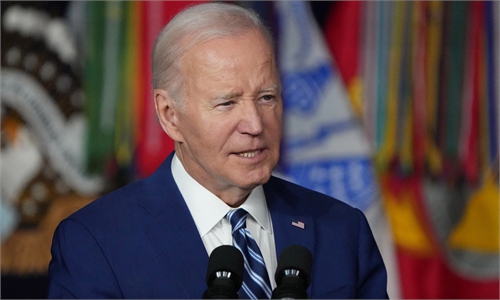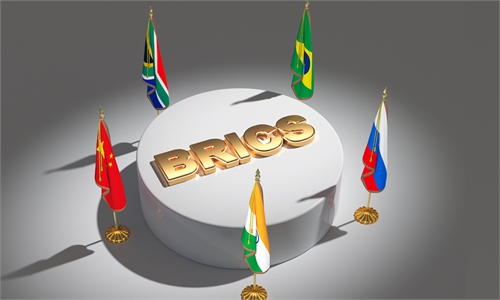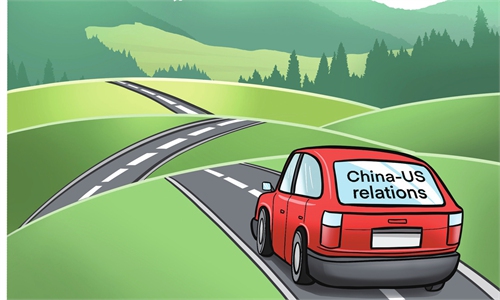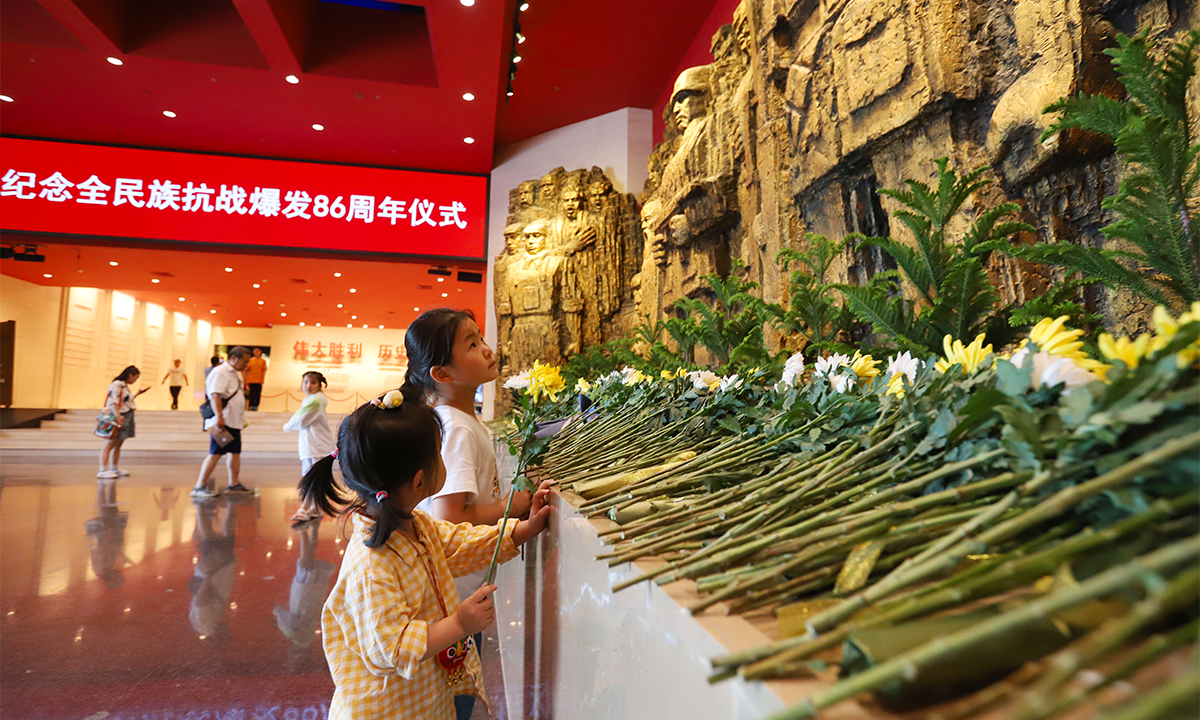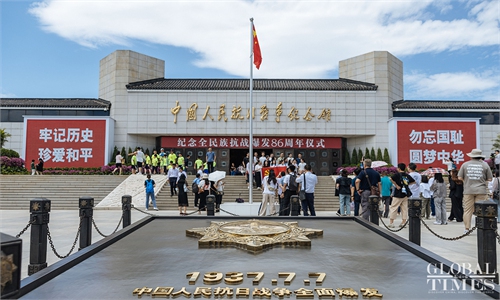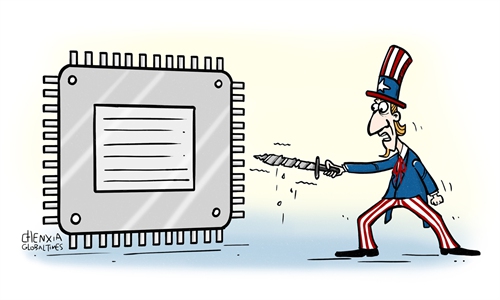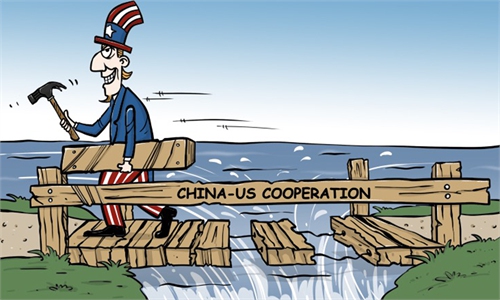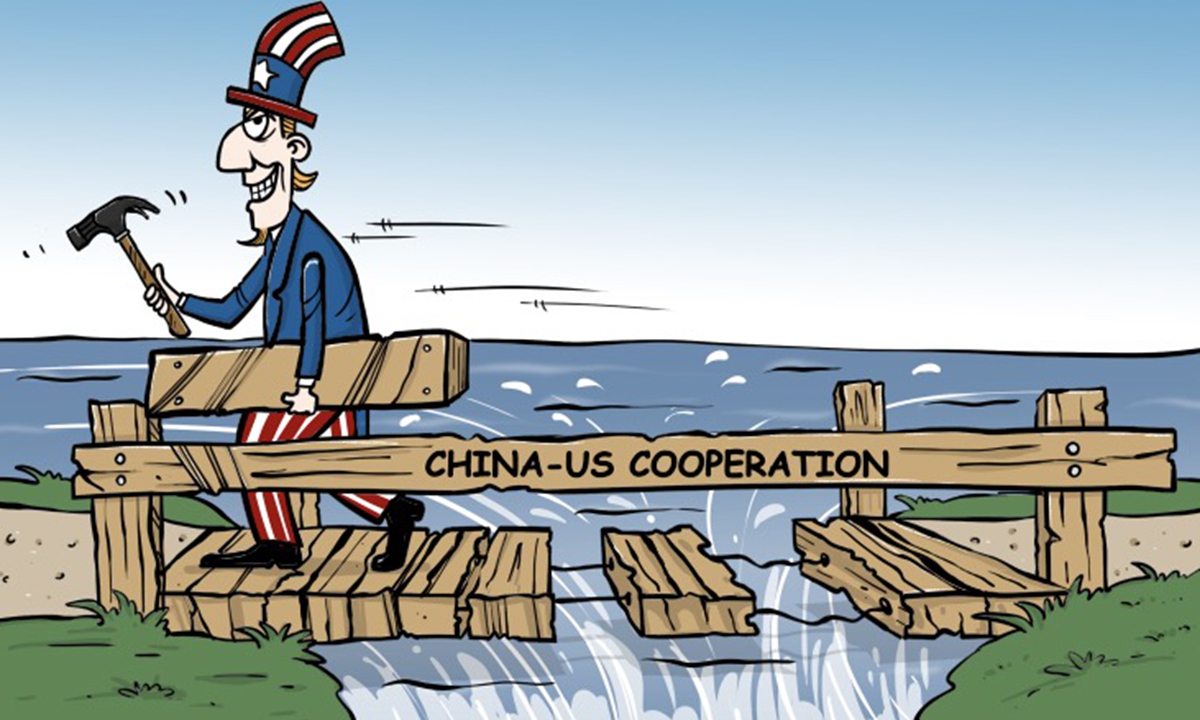
GEORGE TOWN: Malaysia and China will explore the need to increase collaboration in research and education, besides the export of durians, says Datuk Seri Anwar Ibrahim.
The Prime Minister said during a closed-door meeting with Chinese Foreign Minister Wang Yi that they also touched on regional matters such as an “Asean mechanism” for addressing pressing issues in the South China Sea.
“We discussed education since Malaysia hosts a substantial number of Chinese students at about 60,000, while there are about 7,000 Malaysian students studying in China.
“The Chinese minister also acknowledged the potential for further academic exchanges that could contribute to the growth and development of both countries,” he told reporters when met after the meeting here yesterday.
Anwar said despite sharing strong ties with China, Malaysia would strive to enhance normal diplomatic engagements through a strong, strategic partnership.
“Our strong relationship makes it easier for us to discuss other things because of the good ties we have,” he said, adding that he and Wang Yi touched on various aspects of cooperation and collaboration with a focus on investments, education and regional issues.
“Together with other Malaysian ministers, we also spoke on matters involving the strengthening of relationships on both sides.”
He also thanked Wang Yi for his role in facilitating significant Chinese investments in Malaysia, such as petrochemical giant Rongsheng and carmaker Geely, along with other key players.
The Chinese minister was in the country on a courtesy visit to meet Anwar.
Source link
Malaysian hospitality a win for varsities
Home away home
Vibrant culture, lower cost, and ease of getting a visa among reasons more international students are flocking here.
MALAYSIANS are a friendly bunch and this, according to a recent global survey, is a pull factor for youths from other countries to study here.
The Global Student Experience Survey, conducted by the United Kingdom-based Tribal igraduate, found that overall, 89% of international students were satisfied with Malaysia, which is 2% more than the global benchmark.
In terms of making friends who are locals, 83% of those surveyed said they were satisfied. When it comes to making friends from other countries, 88% of the respondents said they were satisfied, while 85% said they were satisfied with how easy it was to make friends who were their countrymen.
These responses were all above the global average (see infographic), said Tribal igraduate Asia director Guy Perring.
“The friendliness aspect is a real positive for Malaysia,” he told StarEdu.
 Perring
Perring
When international students go to the UK or Australia, they can sometimes find it difficult to make friends with the local British or Australians.
“Our data indicates that Malaysians are very friendly people and I think it’s because the country comprises a multicultural society,” he said, adding that the international students surveyed wanted to build a network and not just obtain a paper qualification from their places of study.
“They want to build a network as well as make friends for the future. Our survey contains 150 questions but in terms of friendliness, only three questions were asked.
“We asked about making friends. We asked if they were satisfied about making friends from Malaysia, from their home countries and from other countries.
“If they make friends from other countries, it shows they are in a good international university. If they are making friends from Malaysia, it shows they are integrating well into the society,” said Perring.
Of those surveyed, 84% described their courses as “value for money”.
The survey also showed that more international students were keen to study here with figures from the last quarter of 2022 showing that there was a 17% rise in the number of applications compared to the same period in 2021.
Perring said the nationalities most common in Malaysia – from China, Bangladesh, Indonesia, Nigeria, India, Yemen, Pakistan and Sudan – were drawn here by a combination of culture, cost and the relative ease of getting a visa.
“As well as the presence of overseas campuses from Australia and the UK, there is little doubt that the growth is likely to continue,” he said.
According to the survey report, there has been a sea of change in the student experience for both domestic and international students caused by investments in new campuses and facilities, as well as a greater desire to listen to the student voice and ensure student views are incorporated in long-term strategies and appropriate investments.
The rise in international student numbers is due to positive word of mouth, said Perring, adding that about 70% of the students surveyed said they would encourage their friends and family to study in Malaysia.
The three survey questions on friendliness, he said, can be used as a guide for institutions of higher learning to foster greater integration on campus and to provide the necessary social support in terms of social activities.
“While international students should be encouraged to make more local friends, they also need friends from their own home countries,” he said.
The survey was carried out from September to December 2022, with the next round scheduled to be conducted from October to December this year.
Over 120,000 international students and 69,400 domestic students from 146 universities across 17 countries took part in the survey.
 Novie
Novie
In Malaysia, about 3,500 of the 12,441 international students studying here were involved in the survey.
Commenting on the findings, Education Malaysia Global Services (EMGS) chief executive officer Novie Tajuddin said the warm culture and hospitality of Malaysians make the country a great place to study.
EMGS, he added, is consistently working on promoting Malaysia and its tertiary education sector in untapped markets.
“To maintain the quality of our education providers, monthly engagement sessions with universities are held to ensure everything is okay.
“We also open the door and streamline Malaysia and various countries in terms of course accreditation. This will enable international students to study here seamlessly,” he said.
National Association of Private Educational Institutions (Napei) secretary-general Dr Teh Choon Jin said the country’s diversity creates acceptance and inclusivity, which make international students feel welcome.
 Teh
Teh
“Malaysia, with our diverse culture and society, has a friendly environment so it is not surprising that international students rate us higher than other frontier markets known predominantly for being destinations for international students,” he said.
He said Malaysian universities that are very successful in attracting international students put great emphasis on enriching students’ experience and ensuring high student satisfaction.
Outside of the classroom, multicultural activities also take place on campus, he added.
With support from the universities, cultural activities and respective national days are celebrated on campus as part of student activities throughout the year, he said.
“Such events usually see a great number of students from different nationalities participating. When we see students of diverse backgrounds gaining an understanding of the many cultures that are different from theirs, it is evident that we have created a successful integration model.
“Our local students also benefit from the enriching learning experience, where they have friends from different countries which would help them in their future careers,” he said.
Asia Pacific University of Technology & Innovation (APU) chief executive officer Datuk Parmjit Singh said apart from a harmonious learning and living environment on campus, students benefit strongly through their engagement with those from various cultural backgrounds, as this provides them with perspectives on how people from different cultures respond to situations and how to communicate effectively with each other.
He said the varsity’s strategy has always been to achieve strong and meaningful integration rather than assimilation.
“Students are encouraged to maintain and showcase their rich cultural heritage while at the same time learning about other cultures and sharing their unique cultural identities. “To make this happen, mental and cultural barriers have to be broken from day one,” he added.
Parmjit said throughout the international students’ time at APU, they are encouraged to appreciate their own cultures, tolerate other cultures and learn from each other.
“These broaden their horizons and ensure that our students graduate as well-equipped global citizens who are capable of adapting to different challenges within the global business environment,” he explained.
APU, with its student body of over 130 nationalities, took part in the Global Student Experience Survey.
Almost half of the students at APU are international students.
Commenting on the survey, Parmjit said both the varsity’s Malaysian and international students experience a diverse cultural mix as global citizens and create long-lasting friendships in Malaysia.
“On the whole, all of APU’s students, regardless of nationality, are very positive about their multicultural experience.
“International students view their Malaysian counterparts to be very friendly and most of our students develop lifetime relationships across the continents that last well beyond graduation.
“APU has always believed in bringing together as many communities of international students as possible from all around the world, without allowing any one country to dominate,” he said.
'I find the people in Malaysia to be generally friendly and welcoming. They often display warm hospitality towards international students, which has made my stay here more enjoyable. The locals are open-minded and accepting of different cultures, making it easier for me to connect and build friendships with them. The country has a diverse and vibrant culture, so it is not at all difficult for me to adapt. I really feel at home here. Additionally, the affordable cost of living and tuition fees compared to other countries allows me to pursue quality education without breaking the bank. While studying in Malaysia has been a rewarding experience overall, I did face some challenges. Language barriers have always existed, especially considering I’m not well-versed in the local language. This made it difficult to get along with some of my coursemates and do classroom activities, and interact with the staff. '– Quazi Isha Nafisa, 24, Bangladesh
'I’ve been here for four years and while the people are friendly, the language barrier is sometimes an obstacle for me to get along with people. The thing that first attracted me to study here is the fact that it has universities that are globally well ranked, and on top of that, they are affordable compared to universities in other countries with the same rankings. As a Muslim, I don’t face many challenges in Malaysia. I find many similarities between Malaysia and my home country. It is very convenient living here.' – Omar Elmanzalawy, 22, Egypt
'Malaysians are known for their warm hospitality and open-mindedness, which have made it easier for me to adjust to this new environment. Additionally, the university’s diverse student community has provided me with the chance to meet people from all over the world, and we’ve formed lasting friendships. The people around me have also been incredibly friendly and welcoming.' – Manaal Kurrumbacus, 21, Mauritius
'When I came to Malaysia, I spoke zero English. I thought I would feel like a stranger and everyone would judge me or not bother befriending me. However, it was completely the opposite. They made me feel like my English proficiency was not a barrier to forming friendships. I was treated like an old friend they’d known forever. Although they all spoke better English than me, it was not an issue to them. Instead, they would teach me English words. Each and every one of them acted like a teacher who is a friend. I will never forget how much it helped me to gain my confidence and build my self-esteem. Malaysians are very welcoming and kind. Most of the people here, be they local or from other countries, bring such a wonderful energy to the conversations we have. Everyone is trying to enjoy their time on campus and get the best out of the experience.' – Mohammed Adel Mohammed Ba Hamid, 22, Yemen
Source link
Related:
Navigating the Future of China-Malaysia Relations


